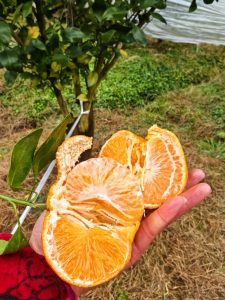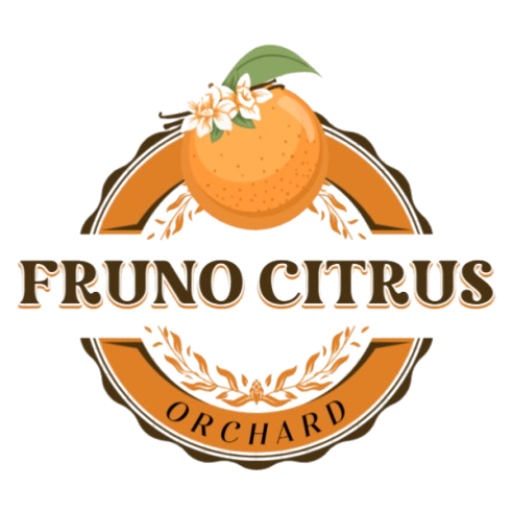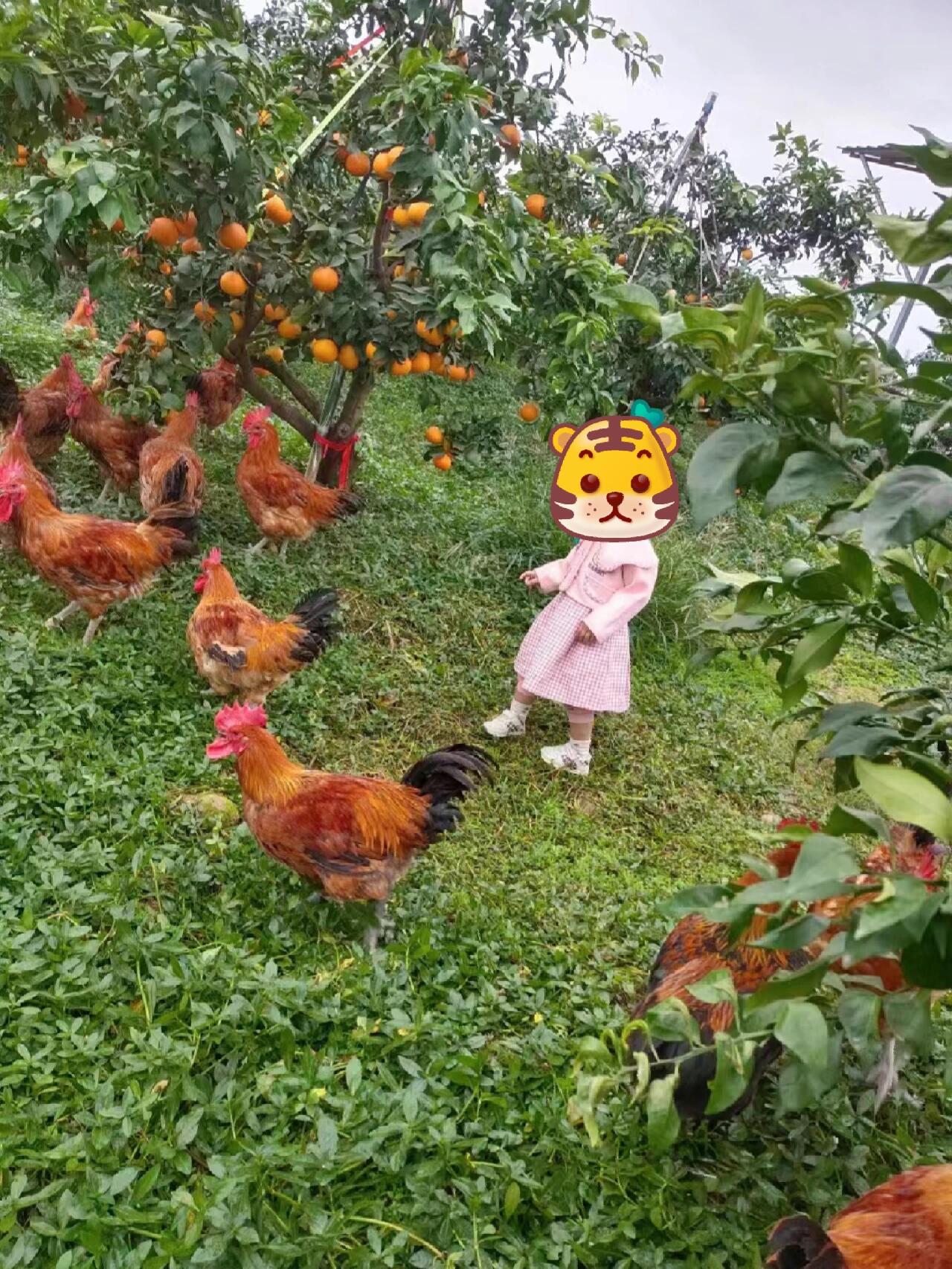Integrated Orchard Management: Balancing Yield, Quality, and Sustainability
Integrated Orchard Management Strategies for Citrus
Integrated Orchard Management involves a holistic approach to managing orchards that balances yield, quality, and sustainability. In the context of citrus production, particularly for premium varieties like Ehime Jelly Orange and Papagan Orange, this strategy ensures that growers can meet market demands while maintaining the health of their ecosystems. By utilizing methods that include careful soil management, pest control, and irrigation techniques, orchard managers can enhance fruit quality and increase overall productivity.
At Fruno, with over 6000 acres dedicated to cultivating these citrus varieties, the implementation of integrated practices has proven beneficial. The Ehime Jelly Orange, known for its unique sweetness and vibrant flavor, thrives under these management techniques. Growers often utilize organic fertilizers and biological pest controls to minimize chemical usage, aligning with sustainable practices that appeal to environmentally conscious consumers.
Furthermore, monitoring weather patterns and soil conditions plays a crucial role in Integrated Orchard Management. For instance, using data analytics to predict rainfall can help optimize irrigation schedules. This adaptability not only conserves water but also enhances the quality of the fruit produced, ensuring that Fruno’s citrus products meet high standards demanded in global markets, including Russia and Thailand.
Yield Optimization through Sustainable Practices
Sustainability is at the heart of Integrated Orchard Management. Techniques such as crop rotation, cover cropping, and agroforestry are employed to maintain soil health and prevent erosion. These practices are essential for the long-term viability of orchards. At Fruno, sustainability efforts have led to significant improvements in the yield of Ganping Mandarins and other late-season varieties, which are harvested close to the end of the year.
By focusing on biodiversity within the orchard, including planting various species of trees and shrubs, Fruno creates habitats that support beneficial insects and wildlife. This natural pest control reduces reliance on chemical pesticides, thereby enhancing the quality of the citrus produced. As a result, consumers can enjoy high-quality fruits like the Papagan Orange, renowned for its rich taste and nutritional value.
Additionally, the economic benefits of adopting sustainable practices cannot be overlooked. By reducing input costs through efficient resource management, Fruno can offer competitive prices for its citrus products. This approach not only strengthens the brand’s market position but also contributes positively to the local economy and community.
Quality Assurance in Citrus Production
Ensuring the quality of citrus fruits is paramount for maintaining consumer trust and satisfaction. Fruno employs rigorous quality control measures throughout the production process, from planting to harvesting and packaging. The company is certified by the FDA and holds an ISO22000 certification, guaranteeing that all products meet international food safety standards.
In the production of Ehime Jelly Orange, quality assurance begins with selecting the best seeds and planting materials. Regular inspections and testing are conducted to monitor fruit development, ensuring that each batch meets the desired specifications for sweetness, juiciness, and overall flavor profile. This meticulous attention to detail translates into exceptional quality that customers expect from Fruno’s offerings.
Packaging also plays a critical role in preserving the freshness and integrity of the fruit. Customized packaging solutions are utilized to protect the Papagan Orange and Ganping Mandarins during transport, ensuring they reach international markets in optimal condition. This commitment to quality not only enhances customer satisfaction but also reinforces Fruno’s reputation as a leading supplier of premium citrus fruits.

